Georgia: Stability and failure of "revolution" The results of the OSCE Secretary General’s visit
From April 22 to 24, the Secretary General of the Organisation for Security and Cooperation in Europe (OSCE) and former Turkish Foreign Minister, Feridun Sinirlioğlu, visited Tbilisi.
The visit marked the complete failure of the political games played by Georgia’s pro-Western opposition, which had been attempting to undermine the results of the October 2024 parliamentary elections and making claims of the alleged "illegitimacy" of the current Georgian government. The Vice Speaker of the Georgian Parliament, Gia Volski, pointed out that Sinirlioğlu’s visit caused hysteria among opposition forces.
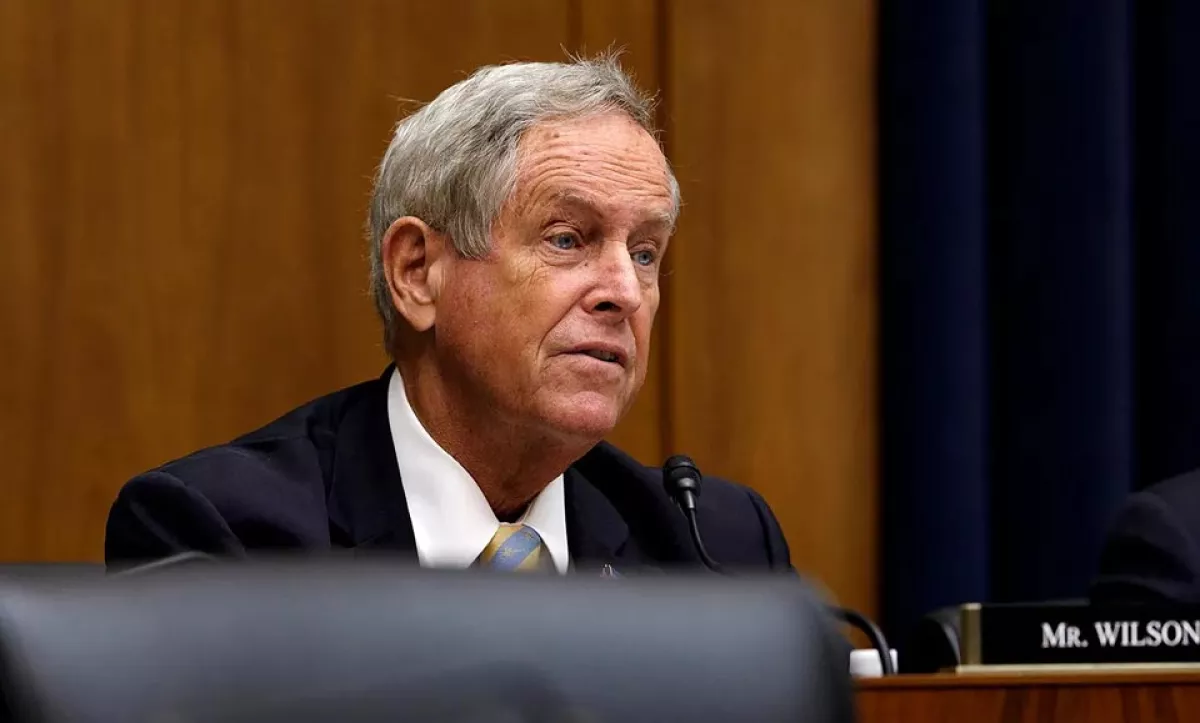
On April 18, 2025, U.S. Congressman Joe Wilson, who lobbies on behalf of the Georgian opposition, called on Feridun Sinirlioğlu to refrain from visiting Georgia to avoid legitimising "the Georgian Dream government and its anti-democratic actions." However, this request was predictably ignored.
Feridun Sinirlioğlu held meetings with Georgian Foreign Minister Maka Botchorishvili, Prime Minister Irakli Kobakhidze, President Mikheil Kavelashvili, and other senior officials. During the discussions, the OSCE Secretary General made no mention of the 2024 elections, thereby making it clear that this issue was settled once and for all.
For the international community, there is no legitimate government in Georgia other than the ruling party, Georgian Dream, which won the elections.
Emphasising the importance of stability in the country, Feridun Sinirlioğlu made it clear that the OSCE has no intention of supporting any "revolutions" that would lead to destabilisation.
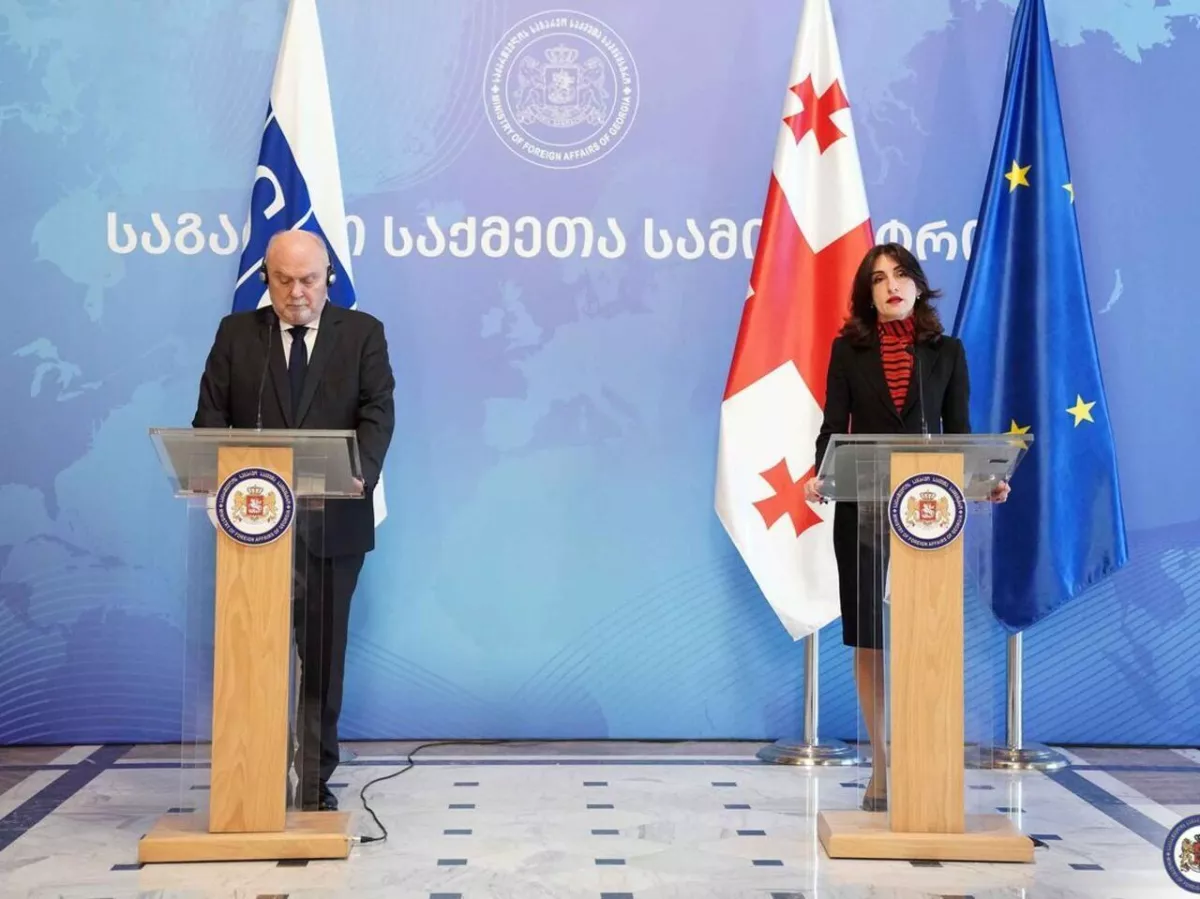
"Stability here in Georgia is vital both for its people and for the wider region’s security and stability," stated the OSCE Secretary General during a briefing with Maka Botchorishvili.
"I want to emphasise once again: we want to show Georgia that we are ready to contribute to strengthening its security by every means available to our organisation," Sinirlioğlu added.
During the meeting with Irakli Kobakhidze, special attention was given to issues of peace and stability in the South Caucasus region and Georgia’s efforts in this regard. It was emphasised that the OSCE must remain a central platform for dialogue on the architecture of European security.
The OSCE Secretary General's visit ultimately led to the international legitimisation of Georgia’s democratically elected government and the marginalisation of the opposition.
On April 24, Sinirlioğlu met with the leaders of several opposition parties. However, the opposition "Coalition for Change" refused the meeting, issuing a propagandistic statement claiming that the visit contributed to the legitimisation of the government.
"The OSCE Secretary General met with representatives of the illegitimate government and did not mention the crisis in the country with a single word. This silence is now being used by the regime in the style of Russian propaganda to legitimize its anti-democratic and anti-Western actions," the statement from the "Coalition for Change" said.
Today, the OSCE has the opportunity in Georgia to demonstrate its effectiveness in peacefully resolving conflicts and in returning the occupied regions of Abkhazia and the Tskhinvali region back into the country.
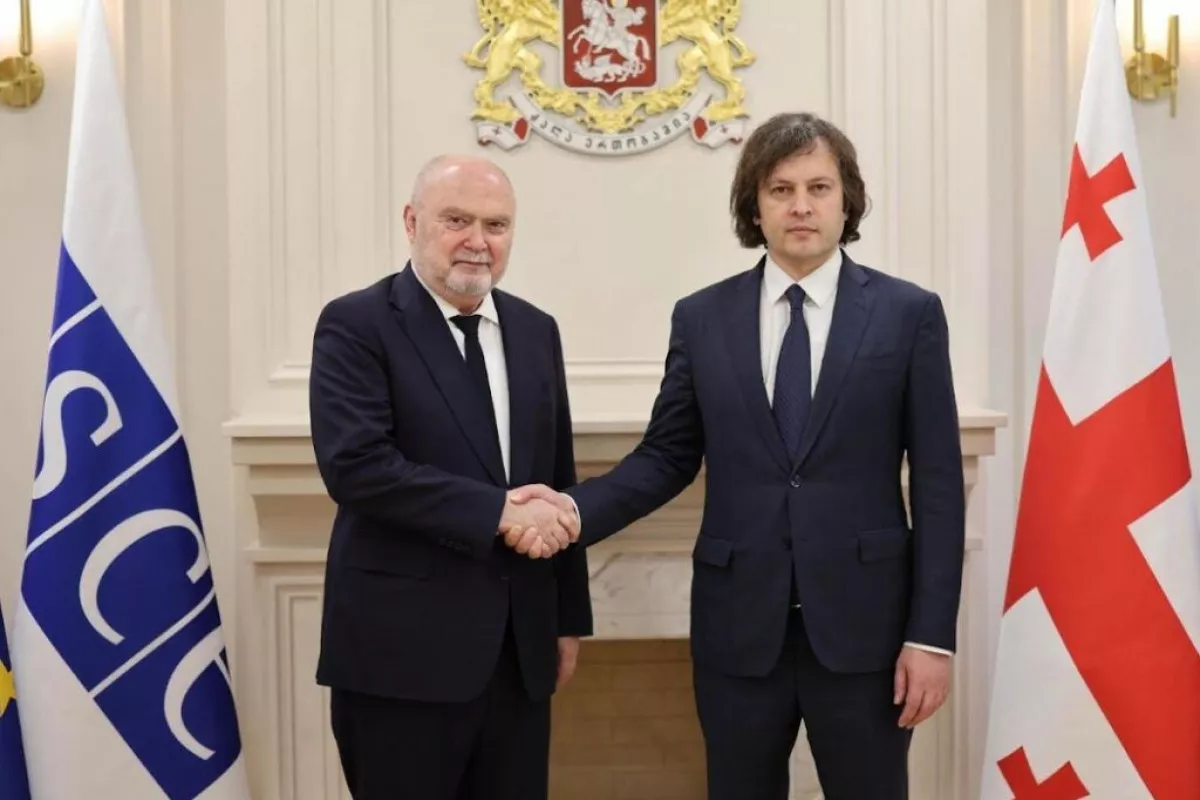
At the meeting between Sinirlioğlu and Kobakhidze, the current situation in the occupied territories was discussed. The Georgian side expressed high appreciation for the OSCE's co-chairmanship of the Geneva International Discussions and its participation in the Incident Prevention and Response Mechanism. Georgia’s commitment to a peaceful policy in restoring its territorial integrity was emphasised.
For the OSCE, achieving progress in this direction is critically important. In the past, the OSCE Minsk Group did virtually nothing to help restore Azerbaijan’s territorial integrity, ultimately forcing Baku to liberate its territories through military means. This outcome dealt a significant blow to the OSCE’s credibility. It is symbolic that Azerbaijan’s demand for the dissolution of the Minsk Group was later supported by Russia as well.
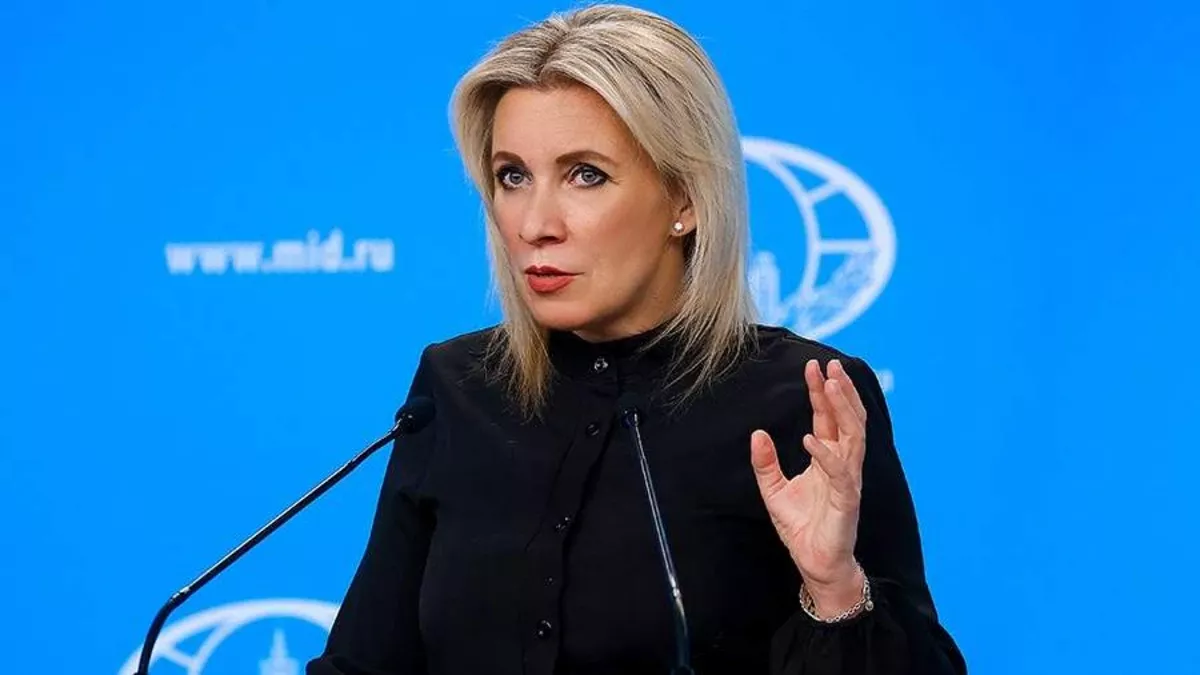
Russian Foreign Ministry spokeswoman Maria Zakharova stated that Russia’s mandate as co-chair of the OSCE Minsk Conference on the Karabakh settlement has lost its relevance. All structures of the Minsk Conference — the Minsk Group, the High-Level Planning Group, and the office of the Personal Representative of the OSCE Chairperson-in-Office — are to be disbanded.
As for the self-proclaimed “legitimate president of Georgia,” Salome Zourabichvili, she is no longer taken seriously and is now openly ridiculed.
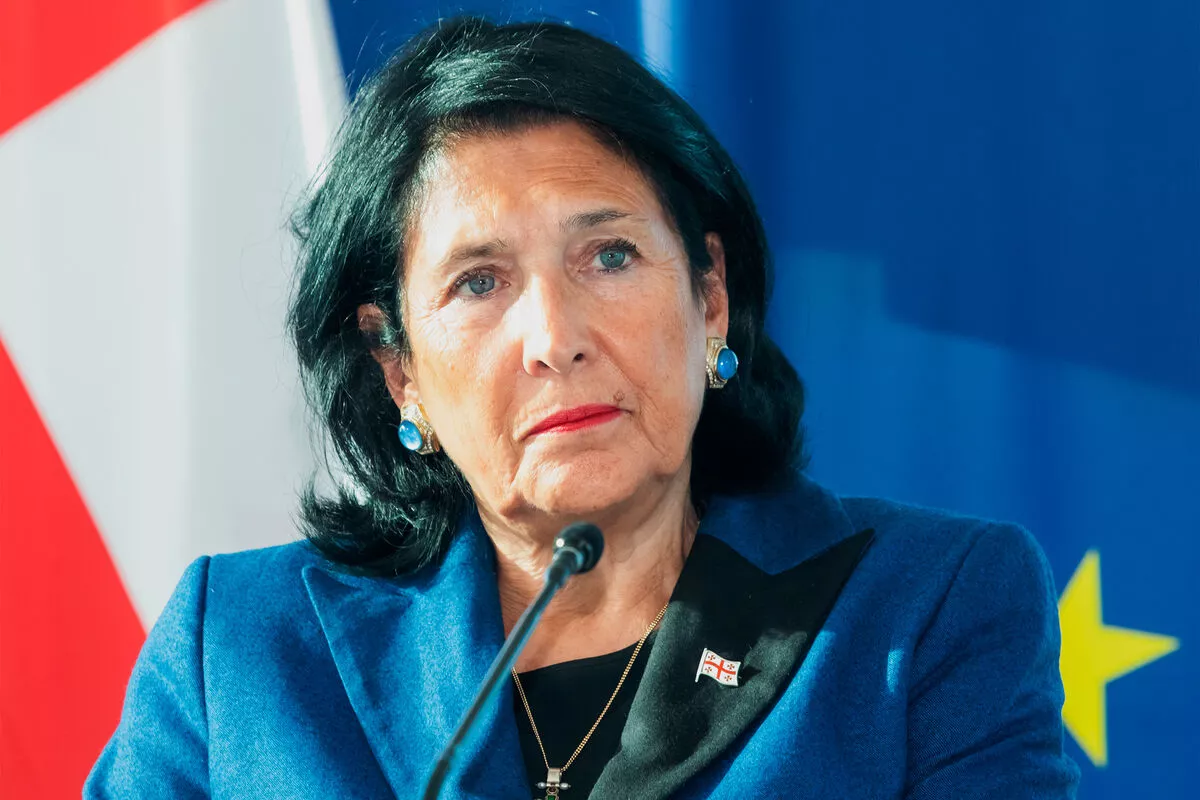
Russian media reported that pranksters “Vovan” and “Lexus” spoke with Salome Zourabichvili, posing as Russian opposition figure Garry Kasparov. During the conversation, the former President of Georgia reportedly complained about the dire situation faced by opposition television channels, media outlets, and NGOs following the cessation of USAID funding, noting that the European Union was unable to fully compensate for the shortfall.
No denial has been issued by Zourabichvili, suggesting the likely authenticity of the information.
At present, the opposition’s sole remaining source of funding is direct grants from the French Embassy. Commenting on the allocation of these grants, First Deputy Speaker of the Georgian Parliament Gia Volski pointed out that they are aimed at supporting a “revolutionary” scenario.
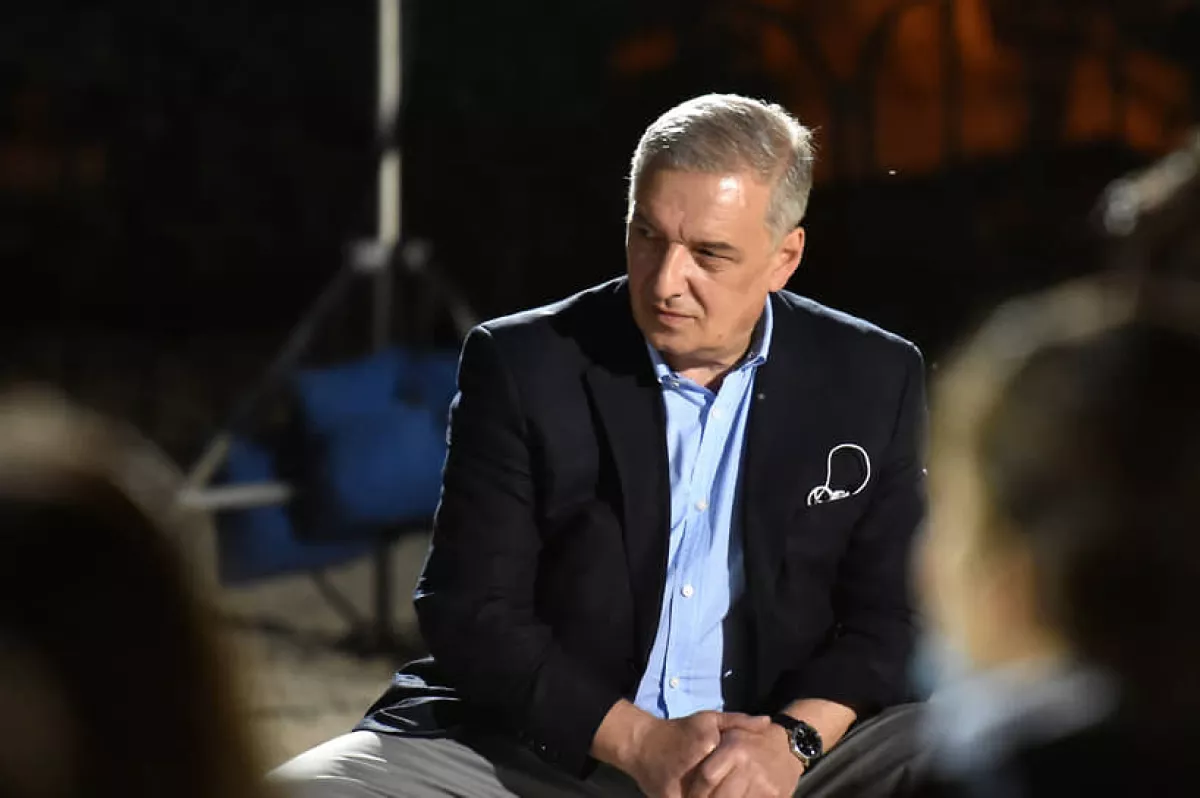
“This arrangement suits a particular country, a group of countries, the ‘deep state,’ whose puppets are based in Europe. And these puppets, in turn, have even smaller puppets in Georgia, controlled by invisible strings,” Volski remarked.
However, amid the marginalisation of protest movements and growing fragmentation within the opposition—much of which has already distanced itself from Salome Zourabichvili—these resources appear insufficient.
Meanwhile, the Georgian government is achieving record levels of economic growth and has resumed cooperation with international financial institutions. During a meeting in Washington between Natia Turnava, President of the National Bank of Georgia, and Alejandro Hajdenberg, head of the IMF mission to Georgia, a pledge was made to restore IMF programmes that had been suspended in June 2023.
After negotiations between Georgian Minister of Economy Levan Davitashvili and representatives of the IFC, an agreement was reached to continue supporting economic projects aimed at boosting the economy, creating jobs, and enhancing competitiveness. Priorities were outlined in energy, industry, transportation, communications, and the development of the Middle Corridor.
In a situation where major international investors are increasingly interested in Georgia’s economy—an important link in the Middle Corridor—while the opposition is left to “complain to anyone” about the lack of funding, it becomes clear that the “revolution” project in Georgia has definitively failed.
Vladimir Tskhvediani, Georgia, exclusively for Caliber.Az








